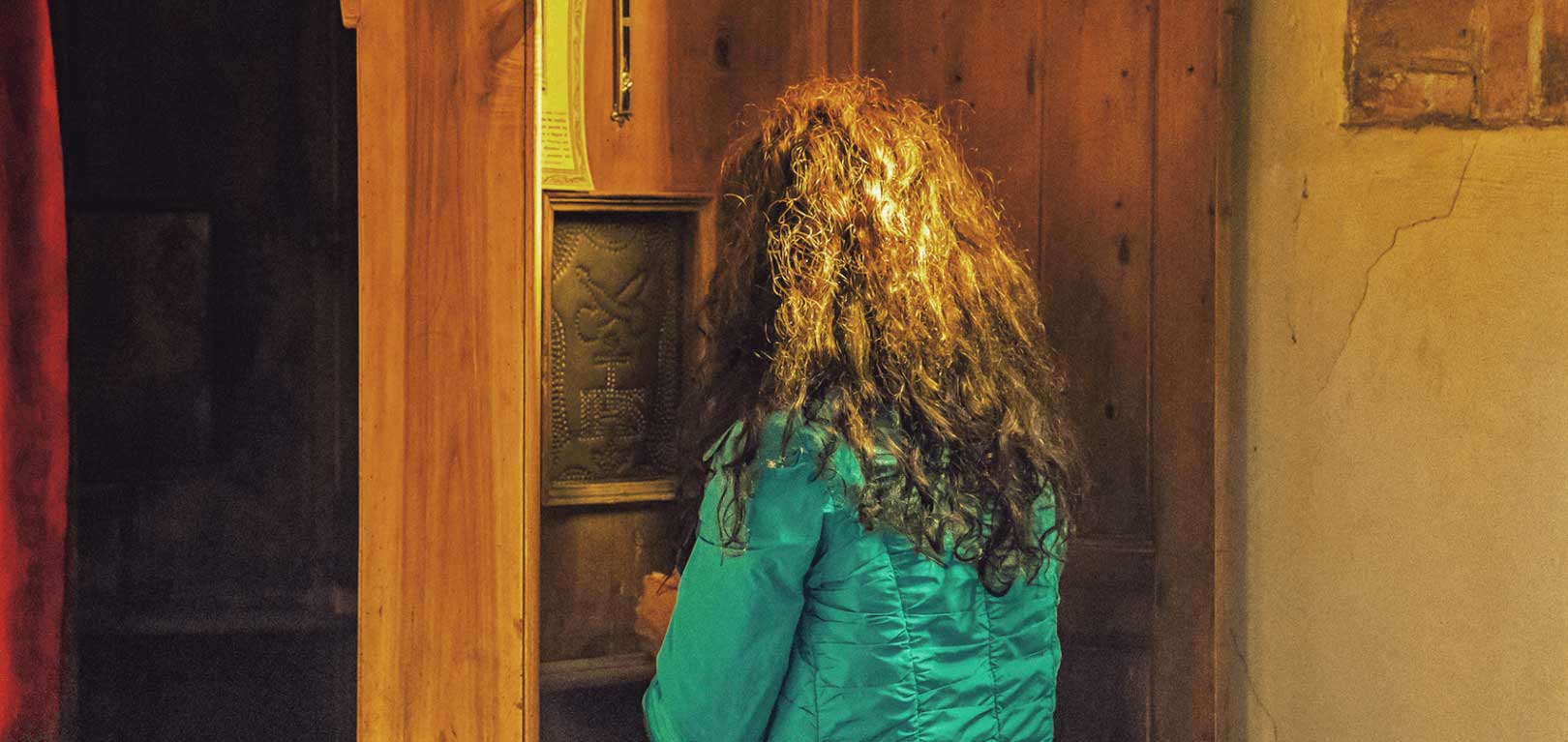Have you ever gone to confession and received an especially harsh penance from the priest? Have you ever wondered if you can turn down a difficult or long penance and ask for something else? Are there limits to what a priest can tell you to do for penance? What is the purpose of penance in the first place?
On The Cale Clarke Show, Cale took a look at an article from The Pillar that talked about some of the different circumstances of confession and penance. He also took calls from listeners who had stories about confession.
To begin, Cale talked about what penance is and what the four parts of reconciliation are. By sinning, we harm both our relationship with God and our pure nature. When we receive absolution in confession, that relationship is restored to its perfect state, while our act of penance helps heal our nature.
The first part of reconciliation is contrition, which means you must be truly sorry for your sins and know that you should not have committed them. If you are not sorry, the priest cannot offer you absolution, you cannot be forgiven, and the stains remain on your soul. A priest friend of Cale’s once told the story of a man who confessed that he was having an affair. When the priest asked the man if he intended to stop committing adultery, the man said no. In that case, the priest said that he could not forgive him.
The second part of making a good confession is the act of confessing your sins, telling them to the priest. You should try to be as comprehensive as possible in your examination of conscience so that you don’t leave anything out. A common tip for anybody who has to confess a mortal sin is to say the big sin first and then say all of the venial sins. Having sins on your soul is like having rocks in your pockets. The more you have, the harder it is to walk. The small sins are like pebbles and the big sins are like great boulders. In order to make it easier, get rid of the boulder first, then take care of the pebbles.
The third part is the reception of absolution from the priest. This is the affirmation that you have confessed your sins, God has heard them, and you are being forgiven. And the last part is penance, the specific act of repentance that we must carry out to complete the sacrament of reconciliation. It is recommended that we carry out this act as soon as possible, directly after leaving the confessional. That way, we don’t forget, our souls are cleansed immediately, and we can usually do it in front of Our Lord in a church or chapel.
But what if the penance we receive is particularly harsh or unusual? One listener called in to report that her 9-year-old daughter had received a whole rosary as her penance. As tough as that might’ve been, her daughter exited the confessional and stayed in the chapel until she had finished praying. Another called in to say that a priest told her that she required no further penance because she was raising three young children. Michelle McDaniel, author of the aforementioned article, interviewed several priests about the topic. According to her research, penances are not one size fits all. The priest is responsible for taking the personal situation of a person into account and delivering a fitting penance. Even in the Catechism of the Catholic Church, it says that the priest should be looking to advance your spiritual good and the penance should correspond to the gravity and nature of the sins.
Another priest that Michelle interviewed said that doling out the correct penance can take nuance and experience. There are cases where a priest may try “hitting a fly with an axe” or may go too easy on a grave sin. It’s all about trying to find the golden mean of fairness while still addressing the issue in a serious manner. The commanding thought behind a priest’s decision should be, “Does this serve to effectively act as restitution for the sins committed?”
The priests being interviewed confirmed that they often attempt to confirm with the penitent that they are able to complete their penance before their departure from the church. If a priest offers a penance that is unfitting, too hard, or too lax, it is permissible for the individual to request a different penance.
Tune in to The Cale Clarke Show weekdays at 5pm CT


